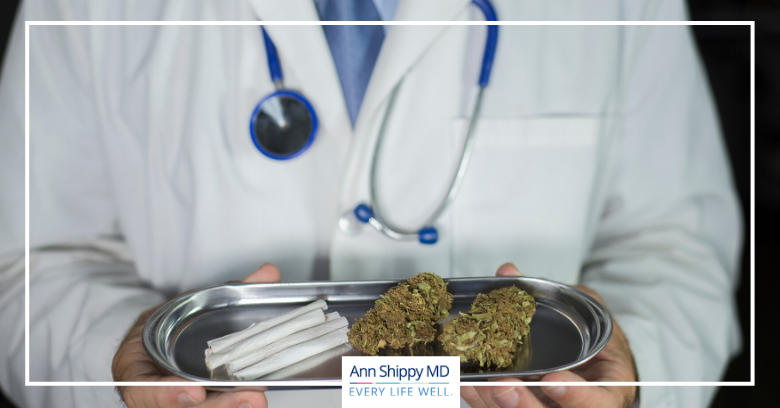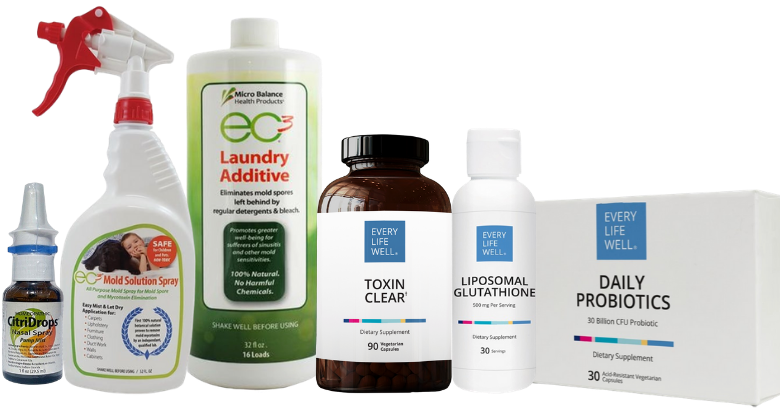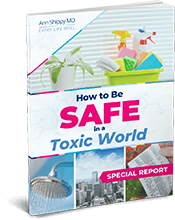Today Canada made cannabis legal for recreational use nationwide, and their government will also pardon those with a pot possession record of 30 grams or less.
As a Functional Medicine physician, people frequently ask my opinion on cannabis use, and my answer is, “It depends.” I believe each person must weigh the pros and cons of using cannabis for themselves. I do not advocate for or against medical cannabis.
As usual, I look to the scientific answers. Here are a few items to help you decide if marijuana in its various forms is a choice you’d like to make for your health.
- You may risk mold exposure, potentially lethal levels. Cannabis is produced in indoor marijuana grow operations (IMGO). Like any other plant growing indoors, it can have mold growing on it. Some of these molds are very harmful to people already suffering from respiratory and immunocompromised problems. Researchers from the University of California at Davis (UCD) identified potentially lethal bacteria and mold on samples from 20 Northern California pot growers and dispensaries. Dr. George Thompson, professor in the UCD Department of Medical Microbiology and Immunology and a lead author in the study: “For the vast majority of cannabis users, this is not of great concern. But those with weakened immune systems – such as from leukemia, lymphoma, AIDS or cancer treatments – could unwittingly be exposing themselves to serious lung infections when they smoke or vape medical marijuana. We strongly advise them to avoid it.” Ironically, those taking cancer treatments could benefit from medical marijuana, but the mold risk is a real concern. Some dispensaries are testing their products, so consumers may be able to find reliable, tested products depending upon your region and where you purchase.
- Under the age of 21, chronic cannabis use can interfere with brain development. Meta-analysis of neuroimaging studies has shown that chronic cannabis users have deficits in the prefrontal cortex—the part of the brain that inhibits impulsive behavior (as if teens and college students don’t already have problems controlling themselves!). Cannabis contains tetrahydrocannabinol (THC), which is one of the psychoactive components. THC interferes with neurodevelopment in the adolescent brain. A study published in Frontiers in Psychiatry found that THC shifts the brain’s developmental trajectory “toward a disease-vulnerable state, predisposing early cannabis users to motivational, affective, and psychotic disorders.”
- “Dabbing” may be just as harmful as smoking tobacco. Dabbing refers to using butane hash oil in electronic vaporizers to provide an intense high. The compounds mixed with cannabis oil for vaping can also produce cancer-causing compounds when heated—that includes dangerous levels of formaldehyde–in only one inhalation. Researchers from Portland State University also examined toxins found in dabbing, and discovered high levels of carcinogens similar to those found in tobacco. Formaldehyde, benzene and methacrolein are only a few of the lethal toxins they came across.
- Cannabis raises the risk of psychotic disorders. Studies show that casual marijuana use by most healthy adults poses little to no risk of cannabis abuse or of a psychotic breakdown. However, in a study of twins, researchers found that cannabis abuse can increase your risk of psychosis, possibly even triple it.
- Chronic use is associated with an increase in violent behavior. A study published by the Institut Universitaire en Santé Mentale de Montréal found a strong association with sustained cannabis use in mentally ill patients and an increase in violent behavior—more so than the association between violence and alcohol or cocaine use. During the follow-up visits with subjects, users who reported that they continued to smoke cannabis presented an increased risk (+144%) of violent behavior.
That said, there are many documented benefits of cannabis use for medical benefit, such as cancer therapy, relief during terminal illness, and the ability to use marijuana to fight alcoholism and addiction to other drugs like opioids.
What are your opinions? Obviously the burden on the courts and the prison system is relieved when cannabis becomes legal, but we each must carefully discern what level of use, if any, is best for our unique health issues. Just like with food, it matters where your product is sourced from and how it is produced, and your own genetics and other factors will determine how your body reacts. Share your thoughts here in the comments!













